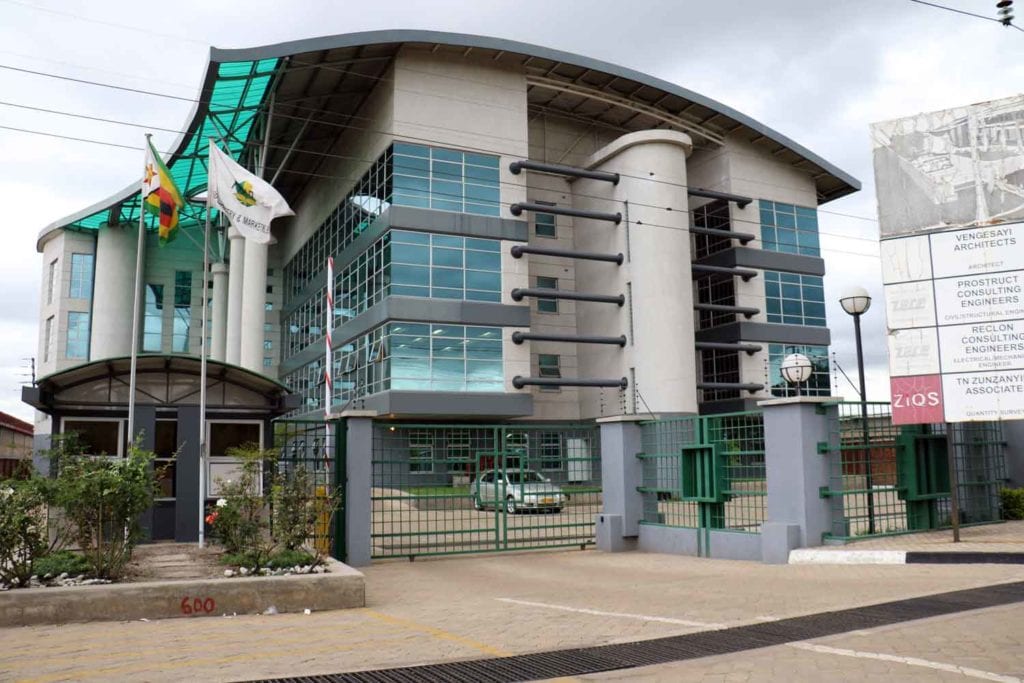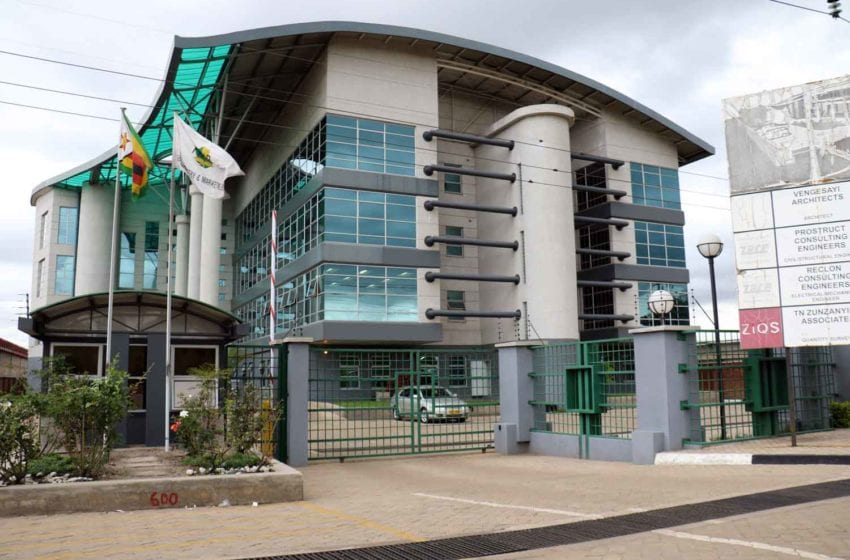
Zimbabwe’s Tobacco Industry and Marketing Board (TIMB) is pioneering a new biometric management system to curb side marketing, a practice in which farmers sell their crops to noncontracting merchants and deprive the investor of his tobacco.
The regulatory body is collecting fingerprints from each tobacco farmer and linking them to their unique grower number. The biometric data is complemented by GPS coordinates of the growers’ farms. When farmers collect inputs, contractors can verify a growers’ authenticity using a scanner.
The system makes it impossible for farmers to contract with multiple tobacco merchants. It also captures the indebtedness of farmers, minimizing the potential for contractors to manipulate the growers’ financial obligations.
“The system will help eliminate corrupt elements by verifying their identities and improving the stop order system to prevent the misuse of growers’ numbers,” TIMB acting CEO Emmanuel Matsvaire told The Sunday Mail.
The old system, which relied solely on registration, allowed nonfarmers to participate in the market, fueling side marketing and leading to high rates of default.
Side marketing remains a significant problem in the Zimbabwean tobacco industry, responsible for millions of dollars in lost revenue.
In 2023, TIMB blocked nearly 550 grower numbers on suspicion of their use in side marketing. In 2021, five exporters alone lost $57 million due to the practice.
Meanwhile, preparations for the upcoming cropping season are progressing as the country seeks to achieve a tobacco yield of 300 million kg, according to Matsvaire.
Despite the El Nino drought that destroyed various crops last year, tobacco performed relatively well, declining by 20 percent to approximately 231 million kg from a record 297 million kg during the previous season.
This season’s target aligns with the government’s Tobacco Value Chain Transformation Plan, which also aims to enhance beneficiation and raise local funding.

